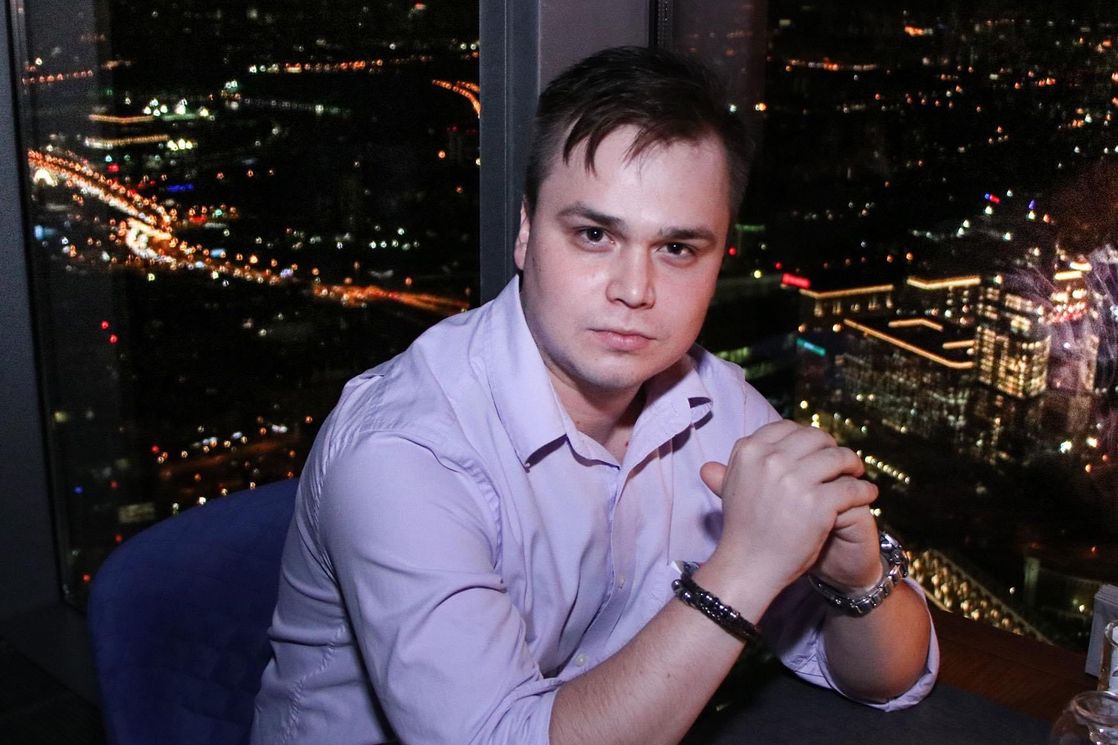‘I Found Almost All of the Materials I Needed to Prep for the Interview in the Master’s Programme Courses’

As a student of the first cohort of the HSE Master of Data Science online programme, Alexey Babenkov not only gained new knowledge but also used that knowledge to find a new job. He told HSE News Service how his online studies are organised, described the advantages of remote learning and explained which courses are especially useful.
I live in Moscow and became a developer five years ago when I was 20. At some point, I became interested in data science, saw it as a promising field and set a goal of developing those skills. I took online courses on Coursera and Stepik for several years, after which I was able to land a job with Maxima Telecom. After a time, I became the head of a small team that developed solutions based on machine learning.
Applications for the spring term of the online HSE Master of Data Science programme will be accepted through December 10, 2020.
Many of my colleagues and friends graduated from HSE University and I appreciated the quality of their education. I learned about the Master of Data Science programme just by chance from friends. I was too busy with my job to consider full-time studies and this was Russia’s only online master’s programme in data science at the time. Overseas courses required certificates in foreign language mastery. Another option was an online course offered by another leading Moscow university, but it involved more discrete mathematics and graphs and included no machine learning at all.

My studies began in February of this year, and the first year is devoted mainly to repeating the undergraduate math common to all technical majors. Even though I use mathematical tools at work all the time, I was surprised to find that I had gaps in my theoretical knowledge that I was happy to fill in. I would especially like to mention the consistent and systematic way that Ilya Schurov presents the material in the courses on probability theory and statistics. The course on algorithms and data structures taught by Gleb Pogudin is also very detailed.
Although this is an online master’s programme, it encourages — but doesn’t require — communication with instructors and fellow students
It is theoretically possible to do everything independently because your grade is based on the points you earn for completed homework. I spend about 12 hours a week studying for courses in which the material is new for me and less when I already know something about the subject.
Of course, you can interact with fellow students outside of class. As far as I know, those who live in Moscow even got together for informal gatherings. I would like to communicate with them more often, but the workload at my main job doesn’t allow for this. We have a direct connection with the training office and we communicate with the employees there regularly. Although you can go in person to that office, there’s generally no need to do so and all of our communication is done through Zoom.
I have long wanted to try my hand at search, to develop my skills related to search ranking. I had a chance to interview in this field back in September. The courses in our master’s programme focus heavily on practice, so I didn’t have to draw on outside sources to prepare for the interview. I found almost all of the materials I needed to prep for the interview in the master’s programme courses. Our course on algorithms and data structures helped me prepare for the section on algorithms and my statistics class helped me become conversant about A/B tests.
I prepared for the machine learning section using video recordings of classroom lectures on Machine Learning given by Evgeny Sokolov at HSE. This is because we only study ML in the middle of the second semester and I had to familiarise myself with it right then.
I was given a job offer as a result. I will be developing a search service that processes of tens of millions of requests per day, building probability models and working with machine learning. Getting my master’s degree will enable me to apply for a data scientist position — a job that requires the same level of education in other countries as well. With that degree, I can also earn a PhD in data science if I want to.

